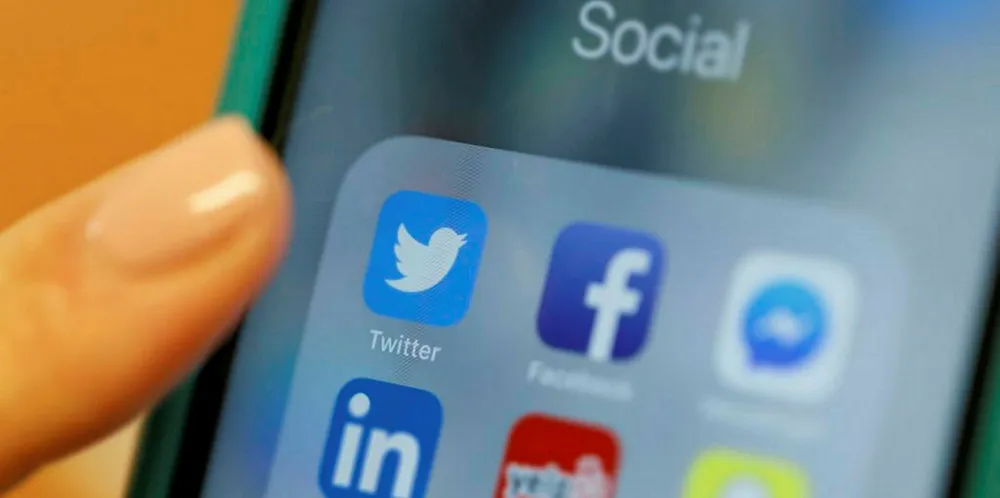Pleas for help, reassurance for customers: Seafood is mastering social media in the age of coronavirus
There is no hashtag to make sure seafood survives the pandemic, but the industry is finally using social media tools to their full effect.

There is no hashtag to make sure seafood survives the pandemic, but the industry is finally using social media tools to their full effect.
